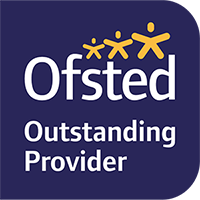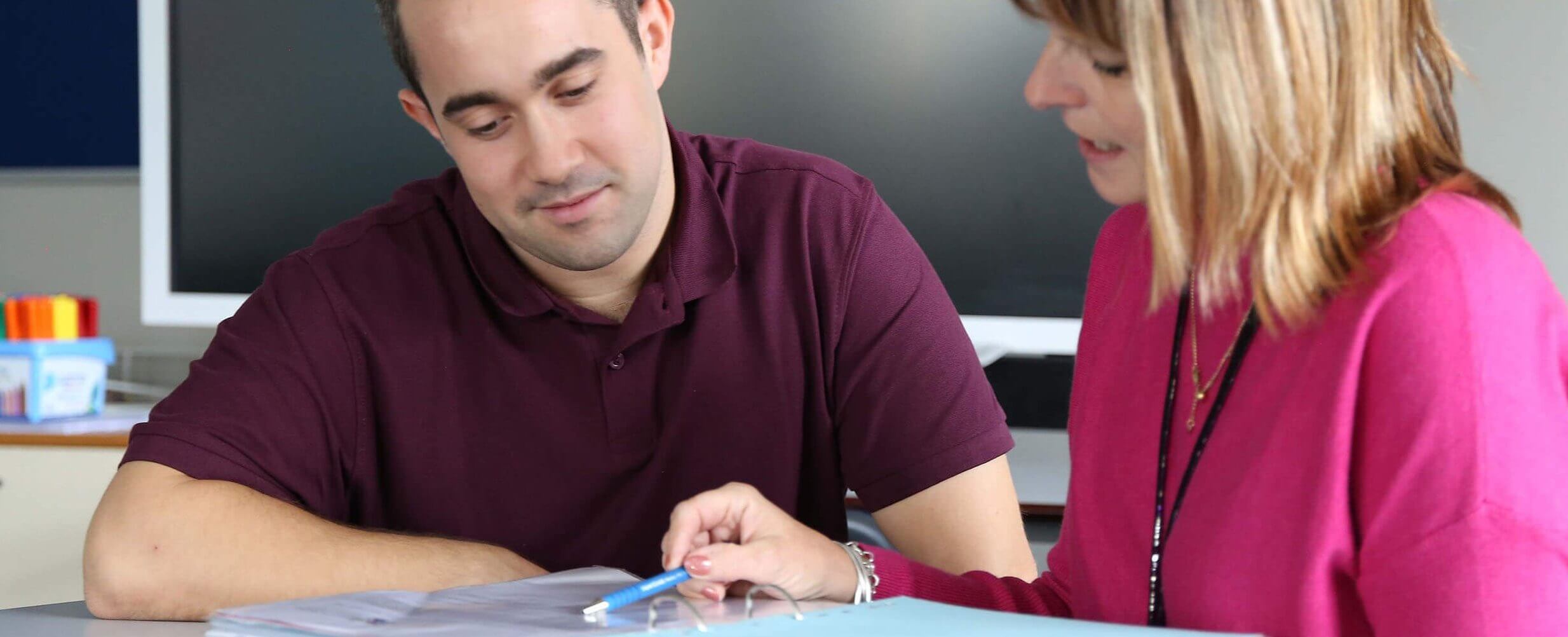Are you interested in becoming a teacher? Expert advice and top tips on writing an effective teacher training application can be found here. This resource covers everything from how to correctly fill out the application to what information to include in your personal statement. By following these tips, you’ll be well on your way to landing a spot in a teacher training program.
Top Tips for Writing a Successful Application & Personal Statement
Making your application stand out
You should ensure that your application grabs our attention positively as we receive hundreds of applications. Demand for our places is high, and the calibre of applicants is also high, so you must ensure that your application doesn’t end up in the automatic ‘No’ pile because of poor presentation. Your application form presents the first opportunity you have to prove to us that you are ideal teacher material. Tell us about your school experiences and show us what you have learned about being a teacher and what characteristics you possess that make you think you’d be a good one. What skills do teachers need? Do you think you have them? What would you need to learn?
What we’ll be looking for:
- Some personal rationale for why you want to become a teacher
- Clear enthusiasm and passion for why you have chosen either early years, primary or secondary.
- Some experience of and commitment to working with young people
- Professional attributes or leadership roles or positions of responsibility that would help you become a teacher
- Good standard of written English – check and double-check your application as typing mistakes and errors in grammar will not get you an interview. After all, if you can’t get this right in your application, chances are, you won’t get it right in front of the class.
Writing an effective teacher training personal statement will not only make you stand out from the crowd, but it will also, more importantly, get you through to the interview stage with your chosen providers. You have a set amount of space in which to convince providers that you should definitely be top of their list for an interview, so every word on your Get into Teaching – Apply personal statement must be selling you, your experience and most importantly, your potential to become an outstanding teacher.
What providers are looking for on your teacher training personal statement
Providers will be looking out for signs that you have a good understanding of teaching as a career. They want you to show your enthusiasm for wanting to be a teacher and explain what the rewards of teaching would be for you, but also, you should let them know that you know the realities of the job and the challenges of teaching too. Make sure that you explain what the driving force is for wanting to teach; you might link this to your own education or to experience that you have gained in schools as an adult or parent. Maybe you have worked in another setting with young people, and this has drawn you into teaching.
Checklist for your teacher training personal statement
1. Why you are applying for teacher training
It is important to get across your reasons for wanting to train to teach. You should explain which age range you are most interested in and why (which could be across the entire primary phase or as narrow as Early Years Foundation Stage etc) or secondary and link what you have said with your own experience in education or relevant work experience you have that helped you to make this choice.
2. What school experience you have had in school
Don’t panic if you haven’t yet had any – but do get organised and ring some local schools and ask if you can go in. Teacher training providers will be obviously keener on those candidates who have already shown a commitment and been into schools. Competition for teacher training spaces is high, so leave them in no doubt at all as to your commitment to teaching.
Include the following in your teacher training personal statement:
- what type of school(s) you have experience in or have observed in
- how much experience you have
- which age groups you have worked with
- national curriculum subject areas you have observed
- reflections on what you saw and any learning you gained from it
3. Explore any work experience you have that you think will help you become a successful teacher
You will have already listed your work experience, but this is your opportunity to say how elements of these experiences relate to a teaching career. Think of transferable skills that you have gained elsewhere which will prove invaluable in your desire to become a successful teacher. Prioritise any experiences you might have with working with young people, but don’t forget you can include other work or voluntary experiences as well. After all, learning to be resourceful, calm and patient are all skills which can be learned anywhere but are hugely beneficial to teachers!
4. What skills do you have that a teacher needs?
List some of the key skills and qualities needed for teaching, and show providers that you possess a good number of those already gained from your own experiences to date. Link your work experiences to these skills and show how reflective you can be.
Here’s a short list to get you started:
A teacher must have…
- Good communication skills – written and verbal
- A passion for working with children and helping them reach their potential
- An ability to build rapport with young people
- High expectations
- Strong organisational skills
For more information about teaching as a career, visit Get into Teaching.
Applying from outside the UK?
Explain why you wish to study in the UK and assure providers that your qualifications are sufficient to be considered. Check this through ENIC who will easily be able to confirm if you have the necessary entry requirements for teacher training.
For more guidance about applying from outside the UK go to this Government site.
Explain any gaps
If you have gaps in either your education or work experience post education, you will need to include reasons as to why in your personal statement. Not much is needed, but make sure you don’t ignore any gaps as providers will spot them immediately and wonder why.
Tips for checking your teacher training personal statement
- Make sure that your teacher training personal statement closely reflects the route that you are applying for. If you are applying for different age ranges with different providers make sure you flag your reasons why.
- Use a simple, flowing writing style in which you use ‘I’ and ‘my’ etc.
- Make each sentence contain useful, relevant information. You are limited to 47 lines, 4000 characters so don’t waffle!
- Use a computer to write it where possible so that you can rewrite several times to make it really slick.
- Expand upon why you want to be a teacher, your motivation for a career in education and relate it to your experiences to date
- Check it for punctuation, spelling and grammar errors. Once ready, you can copy, cut and paste it into your UCAS teacher training application form.
- Get feedback on your teacher training personal statement from a careers advisor, tutor or mentor – does it flow? Can they find any typos or grammar errors?
- Make sure you save it to your computer or print it out so that you can remind yourself of what you said before interviews.
- All personal statements are screened by the Copycatch system which WILL detect if it was originally someone else’s. If so, we will be alerted to this and you may not get asked for interview.



 Powers Hall Academy
Powers Hall Academy